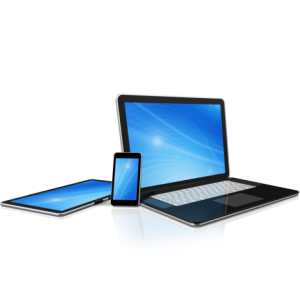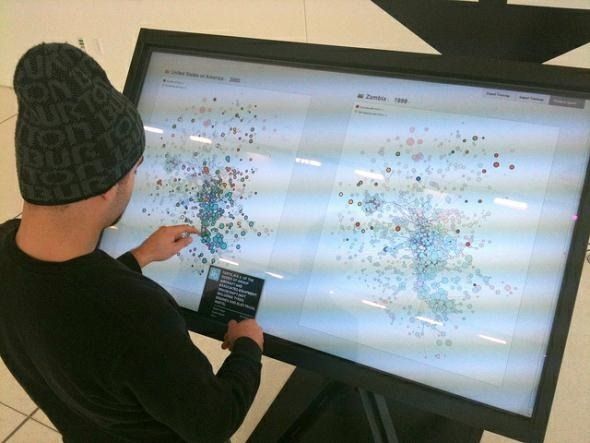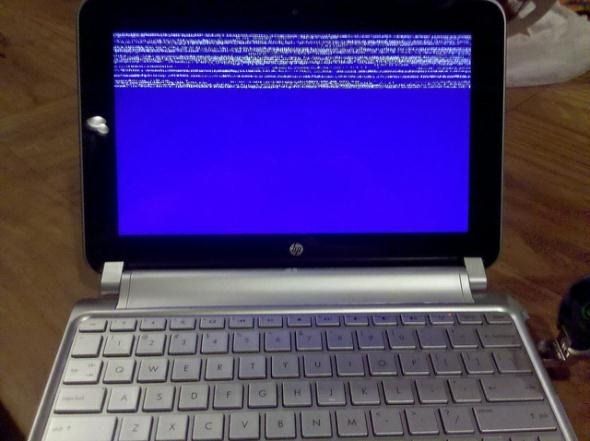Back in 2010, Steve Jobs proclaimed that we were entering the "post-PC era". Much of the discussion around Windows 8, its new Metro interface, and its focus on tablets has focused around the new reality of the "post-PC era" too. But what exactly does that mean?
"PC" stands for "personal computer", but it’s become synonymous with desktop or laptop machines, which usually run Microsoft Windows. Personal computers are alive and well (smartphones and tablets are all basically personal computers – there’s more choice than ever), but the era of the "PC" as your only computing option has come to an end.
Windows Isn’t Mandatory
Windows once felt like the only option. Sure, there were Macs, and a few intrepid users used Linux on the desktop, but most people felt compelled to use Windows. Many websites required Internet Explorer (luckily, Microsoft’s Internet Explorer was the default browser on Macs, too) and many applications were Windows-only desktop applications. The web was a much less developed place, and the interactivity and “web apps” we take for granted today weren’t an option then.
Other platforms are now flourishing. Windows may not have been defeated on the desktop, but the desktop is becoming less relevant every day. Apple’s iOS, Google’s Android, and even Chrome OS offer compelling experiences for most people. Linux distributions like Ubuntu are even seeing an upsurge of popularity – they’re easier to use than ever, since most of what we do happens in the browser.
Windows is certainly still important, and many people still need Windows software. But, for the average user that just wants to browse the web, check their email, and watch some videos – Windows is no longer the only option.
Diverse Platforms & Form Factors
Desktop computers and laptops with mice and keyboards aren’t the only option anymore, either. "The computer" used to be that heavy device at your desk. Now, nearly everything is a computer. Even the phone in your pocket is a computer. Computers are becoming more and more ubiquitous – they’re everywhere and are becoming increasingly integrated in day-to-day life. "Smart" TVs connected to the Internet, with browsers and apps, are becoming more common, too.
Steve Ballmer has ditched his smartphone for an 80-inch tablet mounted on a wall. Sure, this seems like a bit of a marketing gimmick for Windows 8 – but there’s more diversity than ever. From glasses with a built-in display to 80-inch monster tablets mounted on walls, both likely available within the next few years, there’s more choice than ever.
The cloud helps enable this. You no longer have to manually transfer your data between your devices – you can seamlessly access your data from any device.
People Don’t Want Traditional PCs
This is hard for some of us (me included) to accept, but the average person doesn’t want a traditional PC and the baggage that comes with it. Hardware drivers, malware, antivirus programs – people don’t want to deal with it.
No one (aside from some enthusiasts and the tech press) cares about the exact specifications of the hardware inside an iPad. No one has to Google iPad registry errors or reinstall their iPad’s sound drivers. iPads don’t come packed with preinstalled bloatware and trial offers.
People want electronics that work, without any tinkering or fussing required. They want simple devices that function as appliances. Even I, as an enthusiast, want that – although I’d like to retain the freedom to tinker.
PCs Aren’t Dead
The post-PC era doesn’t mean that the PC is dead. It means that other devices are now legitimate choices, too – I could rephrase it as the “post-PC only era.” For many of us, this means that we now have more devices than we used to – a smartphone, a tablet, and more.
For people that primarily do browsing and other basic computing tasks – well, they can probably get by with only a tablet and ditch their laptop or desktop. And they’d probably be better off.
Tablets aren’t great for content production, whether you’re a writer, a graphics designer, or a programmer, but most people don’t spend their time on computers producing a lot of content - they consume content others have created. And, for content consumption, tablets are arguably better than computers – you can sit on your couch and use your tablet comfortably.
Expanding Internet Access
In developing countries, many people don’t have PCs. Cell phones are fairly common, though – and, as smartphone prices decrease and basic smartphones become affordable, smartphones will spread. For many people, a smartphone will be the first device they have with access to the Internet. It’ll open up the wonders of the Internet to more of humanity.
What do you think of the post-PC revolution? Do you think it’s just a marketing gimmick? Are you sad that the days of the “PC” alone are behind us? Leave a comment and speak your mind.
Image Credit: Laptop, smartphone, and tablet via Shutterstock, Sean MacEntree on Flickr (modified), Juhan Sonin on Flickr, Billy Bob Bain on Flickr, Woman on sofa with tablet via Shutterstock, Nathan Eagle on Flickr






![Cell-phone-in-developing-country[3]](https://static1.makeuseofimages.com/wordpress/wp-content/uploads/2012/05/Cell-phone-in-developing-country3.jpg)